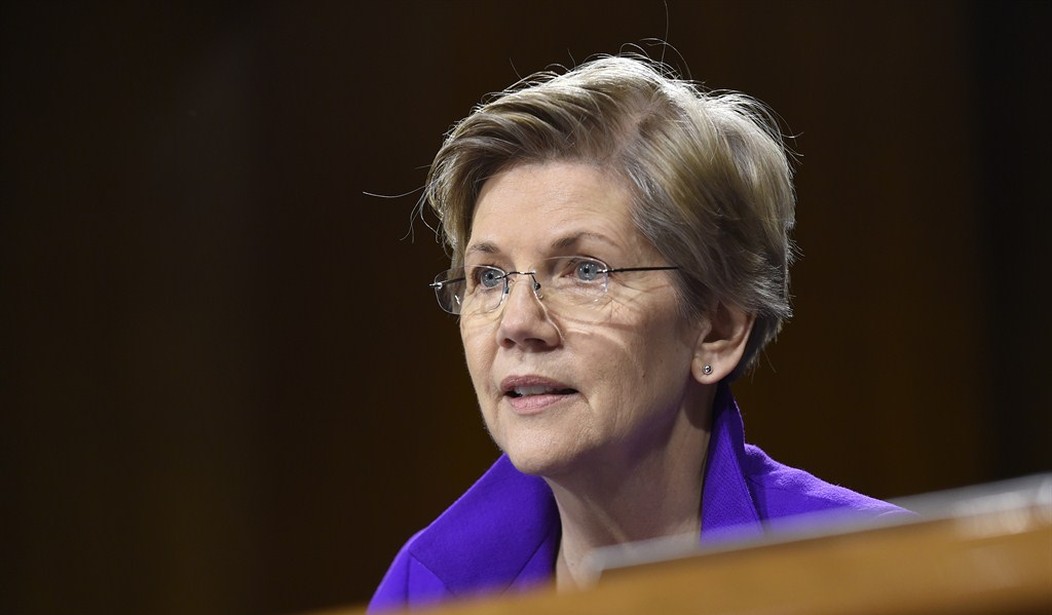Tuesday's Senate vote against considering a bill to give President Barack Obama "fast-track authority" for trade deals suggests those days are gone. Only one Democrat supported it, with 42 opposed -- led by Elizabeth Warren, D-Mass. Economic anxiety, hostility to foreigners, resentment of large corporations and distrust of Obama -- in both parties -- have dissolved the old coalition. Even Hillary Clinton is on the fence.
It's easy to spurn free trade now partly because we enjoy so many rewards from it already. Every senator who voted "no" should be required by law to drive only American-made cars built no later than 1975, before the influx of Japanese makes brought about a gigantic improvement in quality and reliability.
They should also have to surrender their iPhones, assembled in China, and their flat-screen TVs, made in Korea and Japan. And to buy all their kids' and grandkids' toys from domestic suppliers. And to give up Colombian coffee, Guatemalan bananas and Chilean grapes, along with 91 percent of all the seafood they eat.
As it is, though, those lawmakers and citizens who oppose giving the president trade promotion authority have nothing to worry about. They get to show their disgust with free trade while enjoying all its bounty. If Obama doesn't get the deal he has been negotiating with 11 Pacific nations, we won't lose the benefits of existing imports. We just won't get the benefits of additional commerce.
The prevailing complaint is that trade deals ship American jobs abroad and lower American wages. But the effect is greatly exaggerated. It's true that many U.S. industries competing with overseas rivals have seen companies shrink and jobs disappear. That regrettable pattern, however, has also emerged in sectors that are largely domestic.
Recommended
Big airlines like Delta and United have gone bankrupt, and their unions have been squeezed, because travelers flocked to lower-cost domestic carriers. The Big Three automakers' chief problem is "Japanese" cars built in places like Kentucky and Ohio.
Newspapers haven't lost revenue because of foreign competition, but because so much advertising has migrated to the Internet. Bookstores have vanished thanks to a Seattle company named Amazon.
U.S. manufacturing output is nearly 50 percent higher today than in 1994, when NAFTA took effect. So why has employment shrunk? Because companies and workers have become more productive, allowing them to turn out more goods with less labor.
If you think the problem is that foreigners sell us too much and buy too little from us, the Pacific trade deal ought to be just your thing. It would have minimal effect on our imports, but would give a significant boost to our exports.
The United States already has among the lowest tariff rates in the world, averaging about 2 percent. One of the main effects of free trade agreements we reach with other nations is to make them slash their duties, which are typically higher. Another purpose of this accord is to pry open closed foreign markets in agricultural products and services, allowing U.S. companies to sell more.
Eight years of economic contraction and turmoil have put a lot of politicians and constituencies into a defensive crouch, treating any change as a threat. But it wasn't trade that caused the U.S. housing crash or the financial meltdown. In fact, exports have been one of the main engines of growth in recent years.
Nor can we simply close ourselves off from global commerce. If we shun trade agreements with Pacific nations, the Chinese will be happy to step in. Globalization is going to expand no matter what we do. Trade negotiations are a way for us to ensure that when it does, the rules applied by other governments don't put our companies at an unfair disadvantage.
Many Democrats used to realize there is no future in hunkering down behind trade barriers. In 1993, one of them was Sen. Ted Kennedy, who said, "All of the problems that working families face ... will be even worse if NAFTA is defeated." His seat is now occupied by Elizabeth Warren.

























Join the conversation as a VIP Member